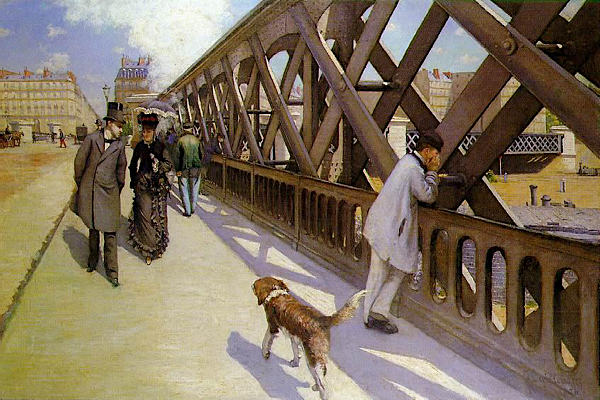Realism and Impressionism

This course focuses on Parisian visual culture during the second half of the nineteenth century. This is the period during which progressive painters, grouped loosely under the rubrics Realism and Impressionism, dramatically transformed the formal and thematic possibilities of their medium, despite stubborn resistance from the Académie des Beaux-Arts, the Paris Salon, and the general public. It is also the period that witnessed massive increases in the availability and marketability of print media, including photography, caricature, and advertising posters. Our objectives include: • evaluating Realism and Impressionism from multiple critical perspectives. • exploring the complex relationship between painting and print culture. • tracing the connections between the visual arts and emergent forms of popular and mass culture. • assessing the social and political dimensions of the Parisian art world.
One of our principal goals is to look carefully at the various interpretive models deployed by nineteenth-century critics to evaluate contemporary artistic practices. What were the advantages and limitations of these models? And how do they help us to better understand the work of artists such as Courbet, Manet, Degas, Monet, Pissarro, Cézanne, Seurat, and Toulouse-Lautrec?
Estimated cost of materials: less than $50.
HISTART concentration distributions: D. Europe and the US, 4. Modern and Contemporary
Textbooks: None. All readings are available on Canvas.
Course Requirements:Attendance in class; three take-home essay tests and two in-class quizzes. Each of the three essays counts for 20% of the final grade. Each of the two quizzes counts for 15% of the final grade. Class participation counts for 10% of the final grade.
Intended audience: undergraduates interested in French art and culture
Class format: two 90-minute lectures (with discussion) per week